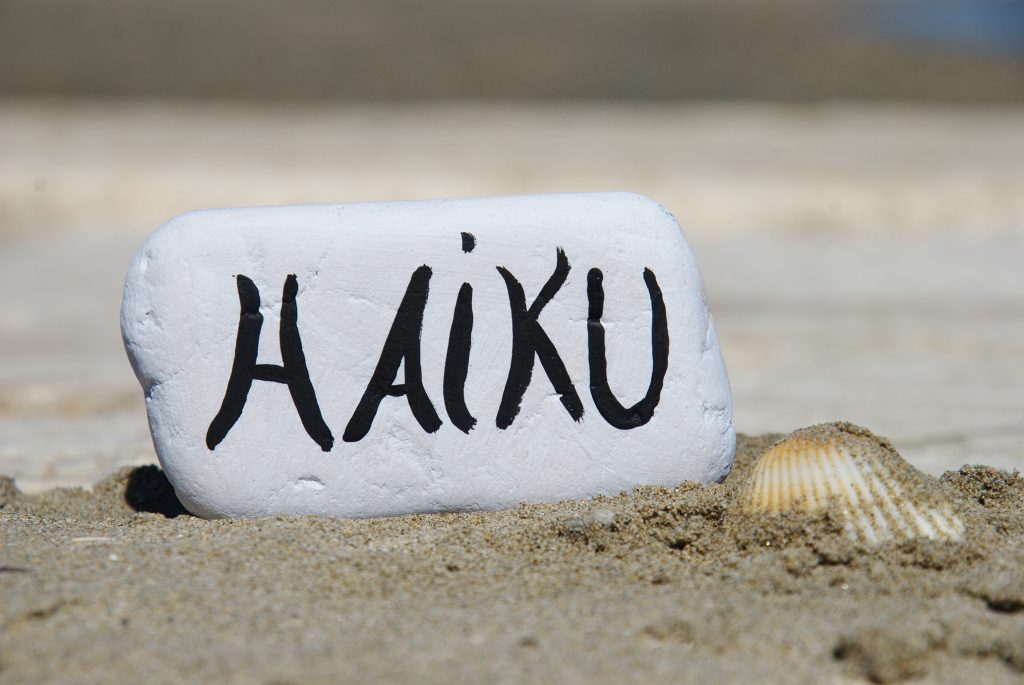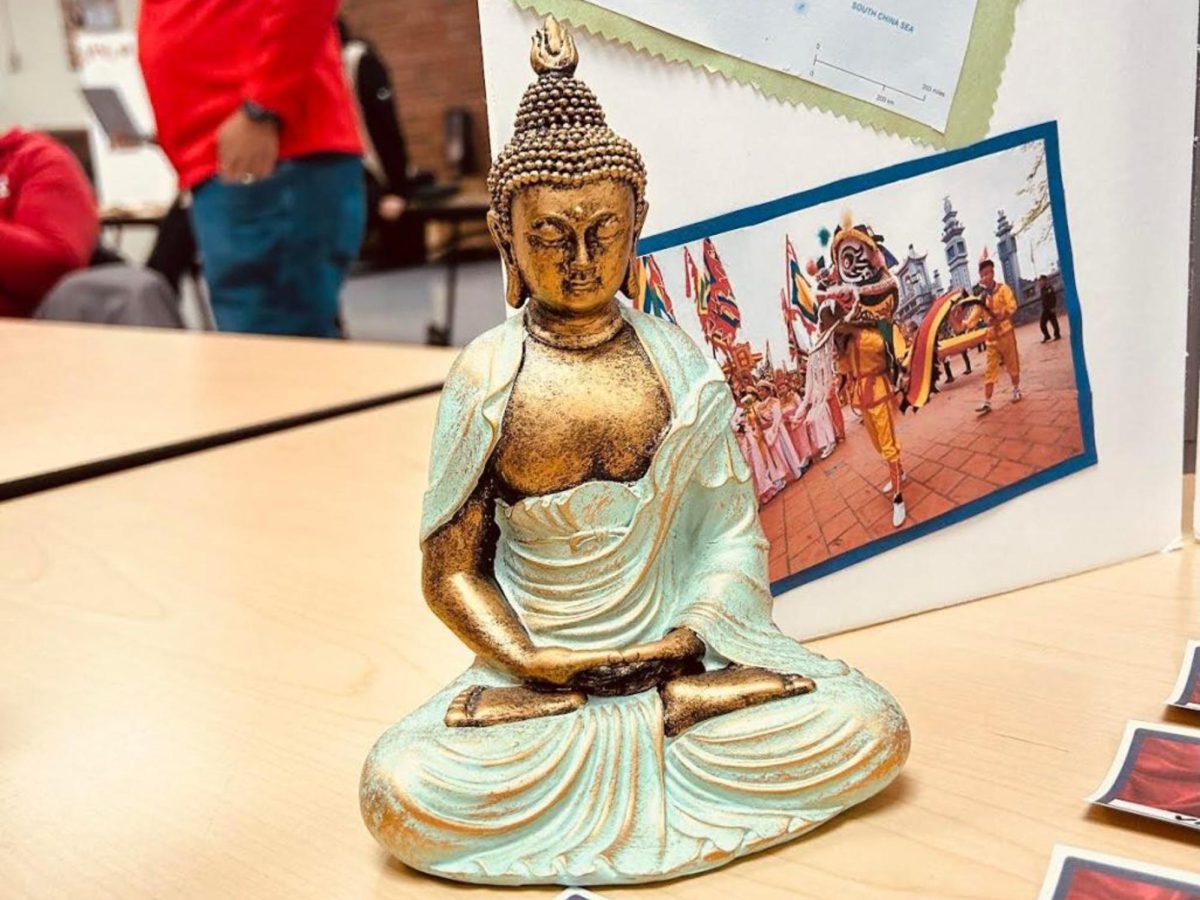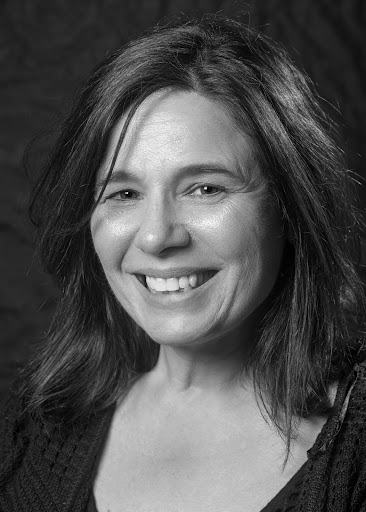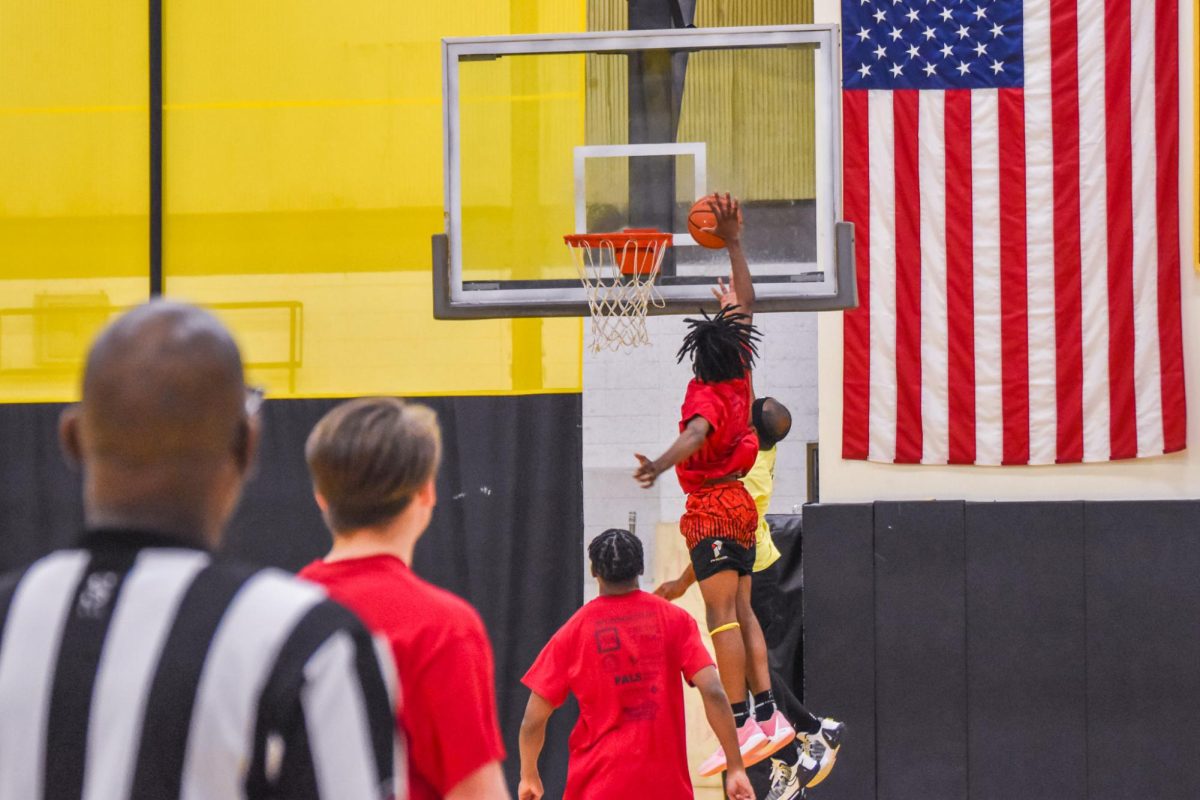To prepare for National Poetry Month (April), PHS English teachers Mr. Hamas and Mrs. Klastava teamed up to host a PHS Poetry “March Madness” contest featuring 16 poems. 2024 was their third year running the competition, and this year, the theme was haikus.
A haiku is a short, unrhymed poem originating in Japan that contains seventeen syllables. The syllables fall into lines in the order of five, seven, and five. Traditionally, haikus are pieces of art that focus on little moments in life, most commonly nature. PHS Students got the opportunity to vote for which poem speaks to them.
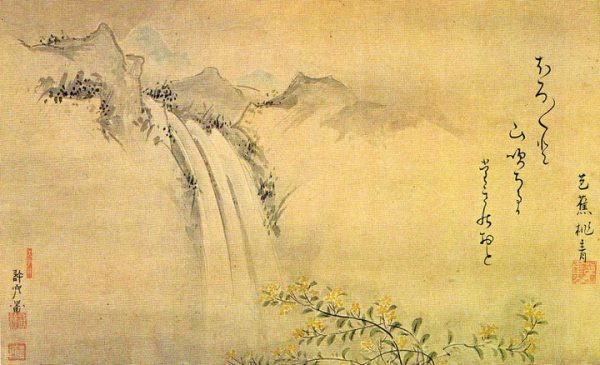
“March Madness” poetry is inspired by the American basketball tournament, where 68 teams around America compete in bracket fights for the national championship. Hamas and Klastava sat down and gathered 16 different Haikus and over the course of the month, they sent updates to all the English teachers for PHS students to vote for the one that spoke to them the most. The “final four” poems were “I Kill an Ant” by Kato Shuson, “You are Not Your Fears” by anonymous, “Love Between Us Is” by Sonia Sanchez, and “Spectres of the Past” by anonymous (poems listed below). The winning poem was announced on 4/12, and with over 200 votes, “You are not your Fears” is the 2024 Poetry March Madness winner!
I kill an ant
and realize my three children
have been watching.
-Kato Shuson
You are not your fears
They are passing clouds on your
Unbroken spirit
-Anonymous
Love between us is
speech and breath. Loving you is
a long river running.
-Sonia Sanchez
Specters of the past
Do not govern the future
‘Less we grant consent.
-Anonymous
“This is our third year running Poetry March Madness” says Mrs. Klastava. “The first year we had selected a number of poems that we thought would generate student interest..and we didn’t get great results because the poems were too long and students really gave up on reading them halfway through because they had to read each and every one.” As she and Mr. Hamas communicated, the next year they put together videos of all the pieces. “Last year we did performance pieces and that worked out better because we were able to show videos of all the pieces being read/performed,” said Mrs. Klastava.
When asked why haikus were chosen for the 20204 March Madness, Mrs. Klastava and Mr. Hamas said that the format was unique and accessible.
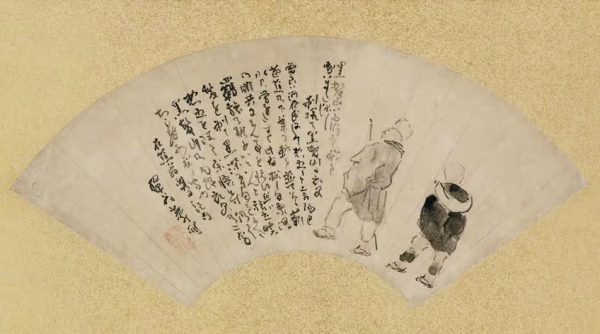
“We decided to change it up so that it wasn’t getting stagnant. Someone suggested haikus so we thought that even though students would have to read them all, they were something shorter that is a little more manageable than reading a full length poem.”
As to what led to the “March Madness” contest, Mrs. Klastava expressed her concerns about high school students not being exposed to poetry enough.
“I teach AP Literature and one of the things we noticed was that very few students were exposed to poetry before they began AP Lit,” she observed. In regards to Poetry March Madness, “we were trying to expose them [PHS students] to some more modern pieces that might engage their interests, so that’s the goal.”
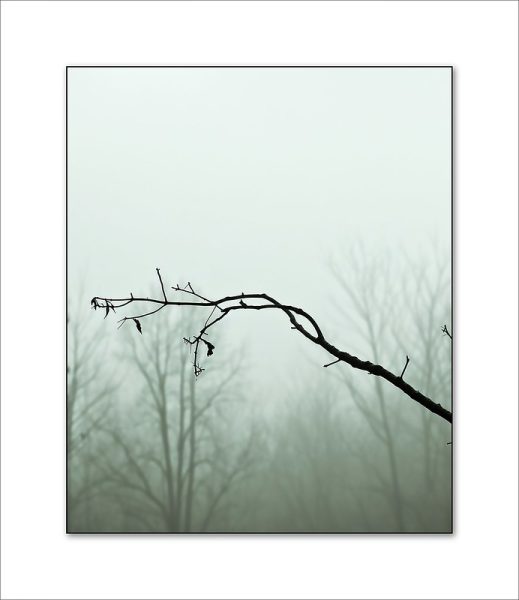
Klastava pointed out that reading and writing poetry provides a quick and easy way for students to connect with their emotions.
“I think that poetry is important in the classroom because it’s a great way for students to express their emotions. I find that usually high school students connect, especially with modern poetry, because it gives them an outlet or an opportunity to connect with something. Novels are really tough sometimes for students to connect with, mostly because students don’t read as much as they used to. Poetry is a lot more raw and a lot more accessible when they have it and a lot easier to connect to. So I think it’s very important that more students get to read it, especially students who don’t get that option in class.”
Mrs. Klastava shared some ideas on where she hopes the contest moves in the future. “Next year we are hoping to encourage all of the English teachers to write their own piece”, Mrs. Klastava shared as she talked about her ideas for next year’s March Madness.



